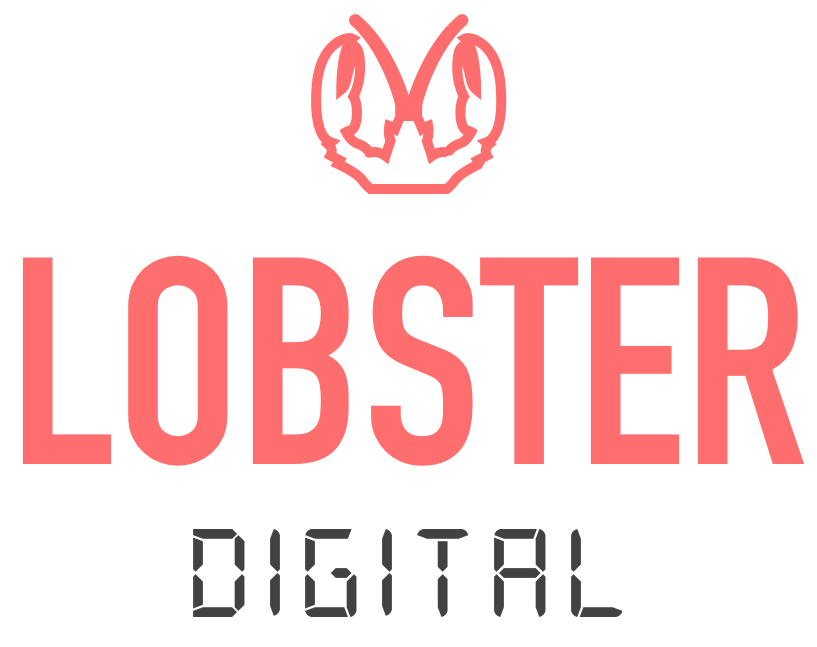1. 40% of people spend too much time online
Our lives are more and more entangled with the digital world.
When we’re at work, we spend a third of our time processing email (Carleton Newsroom, 2017). And when we’re at home…?
In a recent Ofcom report, 40% of people aged 16+ in UK agree with the statement: “I spend too much time online” (Ofcom, 2018). We stream, shop, scroll and swipe.
How often do you reflect on your online activity? What effect, if any, does it have on our mental wellbeing?
2. 47% have seen hateful content online directed at a particular group of people
In addition to this, 55% of Social Media users have seen something that has upset or offended them in last year (Ofcom, 2018).
What happens online stays online, right?
3. 50% of adolescents will experience online bullying
Digital technologies are amazing, 80% of people agree new communication methods have made life easier. And this communication has allowed us to take our work on the go and speak to family and friends from around the world!
But in the same way we take our work home with us, children and young people take their ‘day-jobs’ home too. And now cyber bullying is a pervasive issue, for our current generation of children, it’s all they’ve ever known.
4. There are SIX forms of internet trolling?!
Bullying comes in a few shapes and sizes and that is true too of online ‘trolling’.
In fact, Feminist Frequency’s Anita Sarkeesian, has identified SIX different types of internet troll.
Sealioning, Concern trolling, Gish-galloping, impersonation trolling, Dogpiling and Gaslighting.
5. 55% of facial plastic surgeons have met patients motivated to improve their appearance in selfies
People are undergoing elective surgery to look like the edited online image they’ve created. Physical reality is being altered to match an edited online ideal.
Social Media has changed the way we present ourselves and see ourselves. A survey by American Academy of Facial Plastic and Reconstructive surgery (2017) found that 55% of surgeons have met patients because they wanted to look better in ‘Selfies’.
This is also reflected by what is becoming known as, ‘Snapchat Dysmorphia’. We are getting so used to a filtered and edited version of ourselves, and it is warping our perception of self-image. The adjusted image is being seen as correct; the unfiltered, unedited image becoming a source of dissatisfaction.
6. There are over 340+ dating websites
Everyone is dating online…! 45% of 16-34 year olds in UK have have online dating profiles (BBC, 2018). They have plenty sites to choose from too, Alexa.com lists 342 sites at time of writing.
The biggest of all, Tinder, changed the face of user experience with it’s iconic swiping. To no surprise…
As social media has evolved it’s become less about text and more about images. An image speaks a thousand words… instantly, and the instant connections that we make with people.
What is happening when you swipe? You are making an instant judgment about the image you’re presented with and therefore the person you’re presented with.
Do you see this trend of accelerated relationships outside of Tinder?
How can I protect my Mental Health online?
Take the time to reflect on your relationship with Social Media. Lobster Digital are putting together workshops for small groups and classes to help you do just that. As well as implement strategies for healthier scrolling.
Register your interest here.

